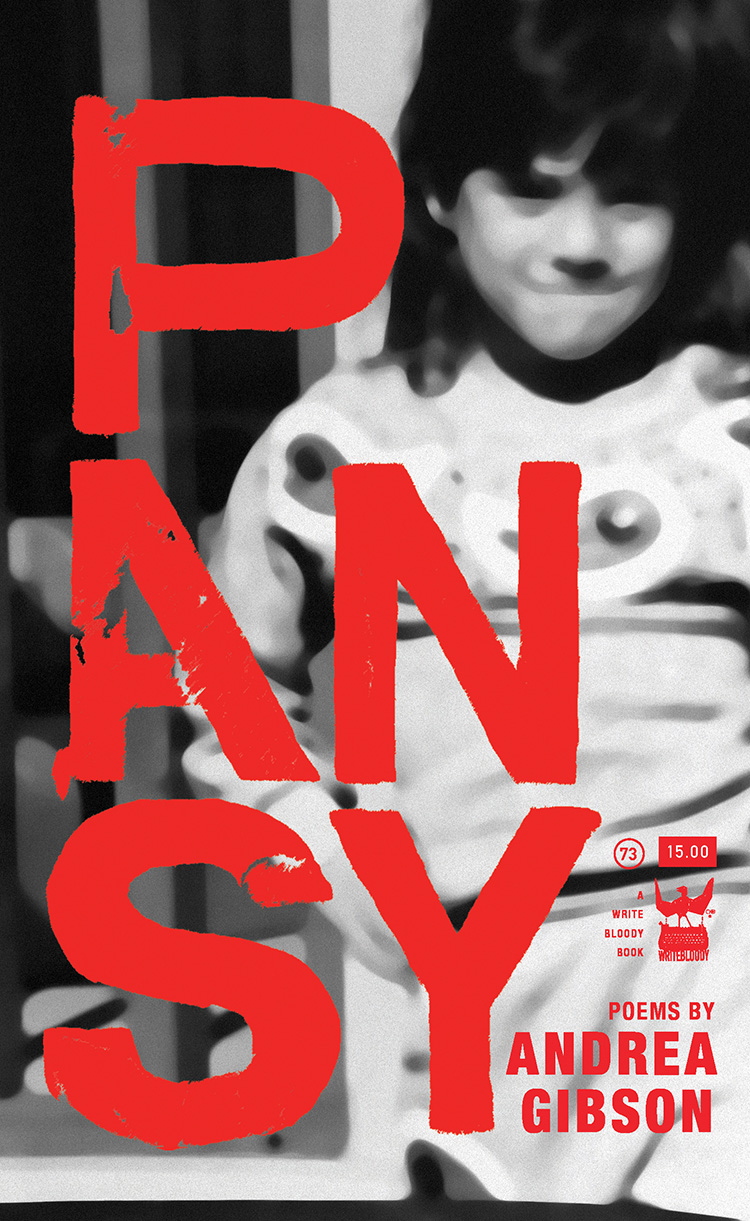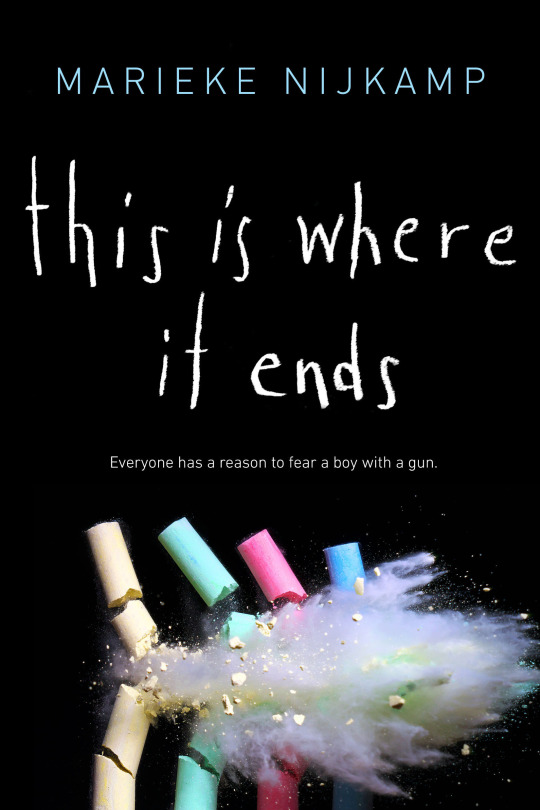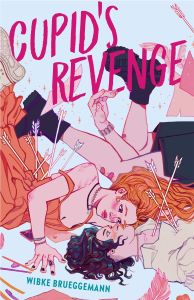There are literary influences whose work has a way of taking us back to a time when we were enlivened, emboldened and perpetually inspired. Then, there are those who nudge—or rather kick—our ass forward, encouraging us to seize the opportunity to wake up, give back and believe in something greater than that for which we, and the world around us, have settled. If we have stumbled upon this force serendipitously, we might even ask, “Where have you been all my life?” or more honestly, “Where have I been to not have found you before today?”
The evening I settled in with Pansy by spoken-word poet and activist Andrea Gibson, I found myself reborn. The experience was something akin to what Ani DiFranco gave to me back in the early ‘90s with her rousing discontent yet more fierce as befitting the undercurrents within our present-moment society which foretell the rise of a raging and hate-fueled tsunami, headed directly for our civil rights and capable of leaving who-knows-what in its wake.
Within their fearless truth telling, Gibson tackles issues of sexism, racism, trauma, suicidal ideation and, yes, love and hope, calling it all as they see it with self-deprecating humor amid pleas to abandon complacency and seek out ways in which to hang on and work together to quell the devastation of that rising wave of bigotry, heteronormative ideology and apathy that threatens to imprison, if not destroy, us with its yet again growing momentum. (Mind you, I’m writing this on the eve of the U.S. presidential election and can only hope that you’ll turn to me upon reading this and assure me that it was only a very, very bad dream, after all.)
The first poem that gleaned my attention was “A Letter to My Dog Exploring the Human Condition,” in which Gibson addresses their dog, Squash, a.k.a. My Beating Heart with Fur and Legs, and imagines how the nonsensical habits of humans must appear to her, all the while expressing their undying love. With tenderness, they write, “If I could I would put your beating heart in my mouth / and suck on it like a piece of candy / so I could truly understood [sic] how / you got so sweet.”
Given Gibson’s commitment to advocacy and support for those contemplating suicide, it comes as no surprise that “The Madness Vase, a.k.a. the Nutritionist” serves as a letter “to anyone who has ever wanted to die,” providing understanding and pledging to remain by their side. Gibson assures,
I’m still gonna be here
asking this world to dance.
Even if it keeps stepping on my holy feet.You, you stay here with me, okay?
You stay here with me. Raising
your bite against the bitter dark,
your bright longing
your brilliant fists of loss.
“Things that Don’t Suck” made me smile with its appreciation for the joys of connection, nostalgia, the simplest things… and the most profound, while “The Insider’s Guide on How to Be Sick” brought me smack into the moment of crisis, to a place where attempts to soothe only exacerbate the pain. To the well-meaning, they cry out, “I know how to talk to god, / and right now god does not expect me / to use my inside voice.”
“A Genderful Pep-Talk for my Younger Self” affirmed my commitment to living honestly and boldly. There was something so very gratifying about realizing that I’ve been around the block enough times to know the perils of compromising oneself in order to meet the status quo. The lines “They’re telling you to blend in, / like you’ve never seen how a blender works, / like they think you’ve never seen the mess from the blade,” serve as a reminder that we’re now smarter about these things than we one were.
While I’ve embraced “Etiquette Leash” as my rally cry, it was “Privilege Is Never Having to Think about It” that gave me the greatest pause, for as firmly as we might believe in our understanding of white privilege, it took the pointing out of the daily safeties and luxuries—the wearing of thrift-store grunge without raising suspicions and the expensive haircuts meant to appear unkempt—to drive the point home.
Though I had convinced myself that none of the love poems would rank among my favorites, “To My Love on the Day She Discovered Tumblr and Every Love Poem I Ever Wrote to Every Woman I Loved Before Her” certainly found its place there. Offered as a pacifying explanation for having experienced feelings for others in their past, Gibson’s love resonates whether petitioning for understanding or mumbling to themselves, “Damnit, Tumblr, you tattling piece of shit.”
I’ll admit, “Emergency Contact” nearly brought me to my knees with its clumsy though heartfelt wooing, embodied within lines such as
I have never made a love potion that hasn’t blown up,
but your mouth is the sexiest beaker.
or
Fuck playing the field.
Do you know how wild I could grow
in the flower pot beside your desk?
Seldom (if ever) have I witnessed such original use of metaphor as within the examples above as well as so many others littered throughout the collection. If truth be told, Gibson’s masterful implementation of the device has inspired me to discover a whole new level of connection and meaning within my own writing. Somehow, the juxtaposition of the tender and the ridiculous touches a place in me that begs for surrender.
Just for the record, that still doesn’t peg me as a romantic.
In conclusion, given the political unrest and impending threat to the civil rights of all marginalized people within the United States, I’m grateful that Gibson’s honesty, humor, integrity and passion have reached me in just the nick of time. I only wish that I had encountered them long ago, for there have been more personal, rather than political, times in my life when I could have used the strength and vulnerability of someone who “gets it” to keep me hanging on. Yet, what we have is today and a most pressing need for all of us to speak up and do something to make things safer, kinder, more equal and just. Please, I ask of you, let Gibson inspire and strengthen you the way they have inspired and strengthened me. We’ll do this together. We’ll hang in there with one another for as long as it takes.



